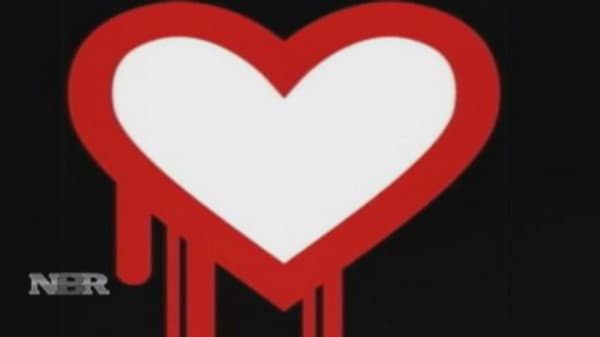As a financial professional, I have come up with 5 tips to pass along to my clients to confound online "phisherman":
1. Never rely on a hyperlink in an email to send you directly to an Internet page. When in doubt, open up a new browser window and either type in the URL you are looking for or perform an Internet search.
2. Never reply to an email that is requesting sensitive information. Sensitive information, such as passwords and user names, should always be handled directly on a vetted website or over a personally initiated phone call.
3. When in doubt, check it out. Even though the sender's name or company name in an email may appear legitimate, close scrutiny is highly recommended before responding in any manner.
4. Guard against spam. Phisherman have an uncanny ability to get people to act through fear-based messaging. A good spam filter should be able to catch unwelcome emails. However, as a golden rule, trust but verify.
5. Continuously check your online accounts and bank statements. Also, obtain one free credit report at Annualcreditreport.com every four months to give you a year's worth of credit monitoring at no cost.
Read MoreKeep future Medicare costs in mind
The heightened fear surrounding Heartbleed may have created the panic that phishermen are using to prey upon and exploit unsuspecting Internet users. But don't allow that fear to cloud your common sense when it comes to your own financial safety and security.
The Heartbleed bug has created enough vulnerability on the Internet; don't let a lapse in judgment add to it.




